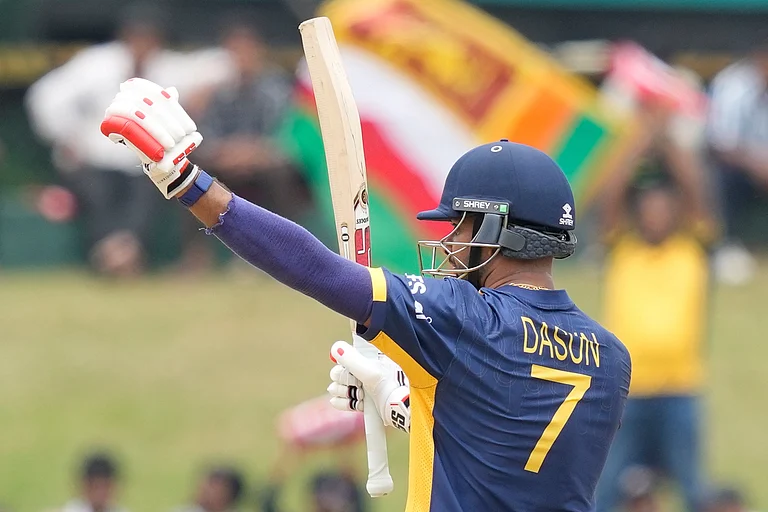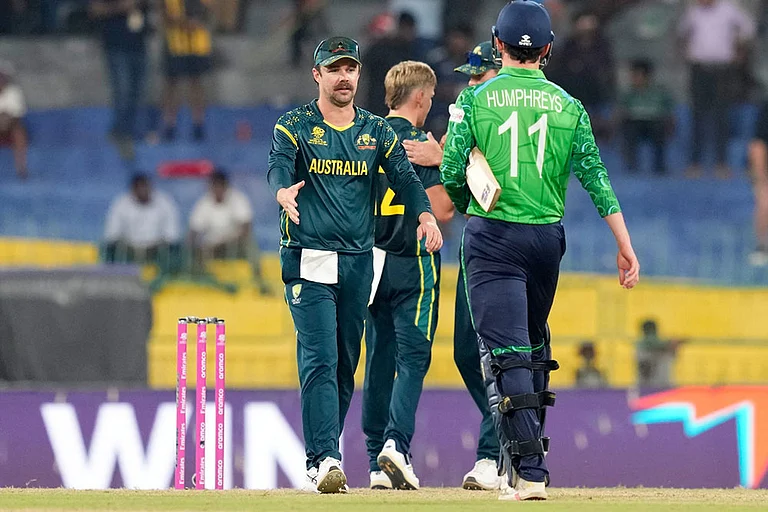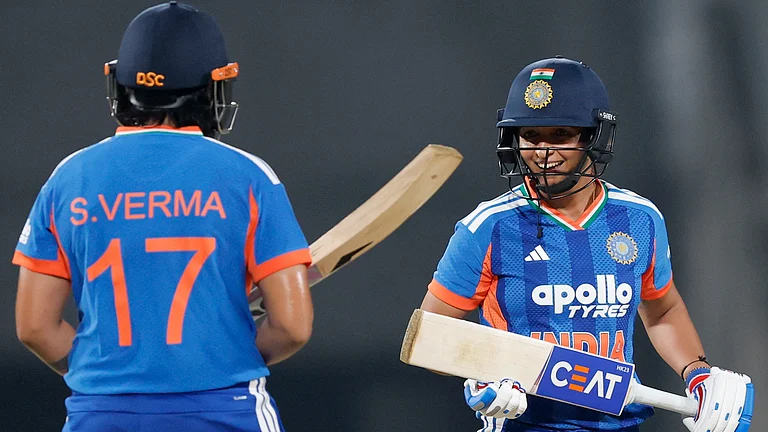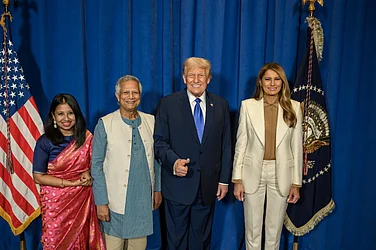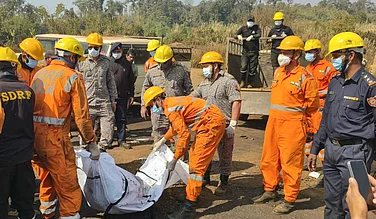Sri Lanka has chosen Anura Kumara Dissanayake, leader of the Marxist-leaning National People’s Power (NPP) party, as its 10th president. The 55-year-old won the presidential race on Sunday, defeating incumbent President Ranil Wickremesinghe and opposition leader Sajith Premadasa. Dissanayake, who campaigned on a platform of fighting corruption and restoring the economy, is set to be sworn in on Monday.
Dissanayake’s victory marks a turning point for Sri Lanka, which is still recovering from its worst financial crisis in decades. He secured 42.3% of the vote, around 5.6 million votes, a huge improvement from the 3% he managed in the 2019 presidential election. His closest rival, Premadasa, finished second with 32.8%, while Wickremesinghe, who oversaw the country’s economic recovery efforts, garnered just 17%. This election was also unique in that it required a second round of counting, a first in Sri Lankan history, as no candidate managed to secure over 50% of the vote in the initial count.
Following his win, Dissanayake took to X (formerly Twitter) to address the nation, calling for unity and expressing gratitude to the people who supported him. In his message, he said: "The dream we have nurtured for centuries is finally coming true. This achievement is not the result of any single person’s work, but the collective effort of hundreds of thousands of you. Your commitment has brought us this far, and for that, I am deeply grateful. This victory belongs to all of us."
He added: "Our journey here has been paved by the sacrifices of so many who gave their sweat, tears, and even their lives for this cause. Their sacrifices are not forgotten. We hold the scepter of their hopes and struggles, knowing the responsibility it carries. The millions of eyes filled with hope and expectation push us forward, and together, we stand ready to rewrite Sri Lankan history."
Dissanayake, who does not come from a political dynasty like some of his rivals, emphasised the need for a fresh start: "The unity of Sinhalese, Tamils, Muslims, and all Sri Lankans is the bedrock of a new beginning. The new renaissance we seek will rise from this shared strength and vision."
While Dissanayake’s win brings hope to many, he faces the daunting task of stabilising an economy that has been struggling since the 2022 financial meltdown. Sri Lanka’s economic crisis, marked by food shortages, fuel scarcities, and soaring inflation, led the previous government to seek a $2.9 billion bailout from the International Monetary Fund (IMF). The bailout package, although necessary to avert further collapse, has been deeply unpopular due to the austerity measures it brought, such as tax hikes and cuts to public services.
Dissanayake’s NPP party has promised not to scrap the IMF deal but to renegotiate its terms.
The NPP party, which has its roots in Marxism, was once marginalised after leading two failed uprisings in the 1970s and 1980s that resulted in over 80,000 deaths. However, this election marks a resurgence for the party. The significant voter turnout—around 75% of Sri Lanka’s 17 million eligible voters participated in the election—reflects the desire for change among the population.
Outgoing President Wickremesinghe, who struggled to overcome public anger over his economic policies, gracefully accepted defeat and congratulated his successor. "With much love and respect for this beloved nation, I hand over its future to the new President," Wickremesinghe said in a statement.








